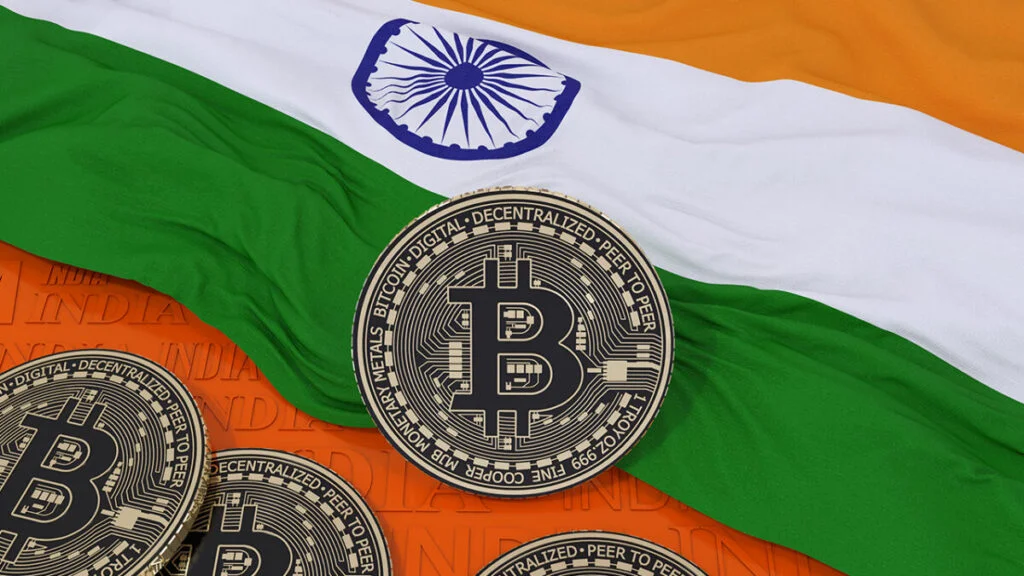Since 2021, all stock transactions on the Indian stock market have been closed the day after, according to a T+1 settlement cycle.

India is poised to implement an expedited trade settlement mechanism for its stock market shortly, with the aim of enhancing competitiveness in the face of an increasing affinity among investors towards cryptocurrency exchanges.
Madhabi Puri Buch, chairman of the Securities and Exchange Board of India (SEBI), declared on March 11 that the organization intended to implement a T+0 transaction settlement cycle by March 28. The service is discretionary for merchants and is designed to accommodate those who require settlement on the same day.
Since 2021, all stock transactions on the Indian stock market have been resolved on a subsequent day, by a T+1 settlement cycle. The T+1 settlement cycle, akin to the T+0 settlement cycle, was implemented gradually.
Buch posits that in order for the Indian stock market to effectively contend with cryptocurrencies, a transition to T+0 is imperative. Investors will migrate to a space that already provides instantaneous settlements if a “well-regulated market cannot compete with the crypto world” shortly, according to her.
The SEBI asserts that T+0 and the instant settlement cycle will provide investors with benefits such as immediate receipt of funds and securities. Additionally, same-day settlements deliver enhanced control over funds and securities to the investor while mitigating the risk of settlement shortages.
A notice of noncompliance was recently issued by the Financial Intelligence Unit (FIU), an agency of the Ministry of Finance of India responsible for collecting financial intelligence regarding violations of the Prevention of Money Laundering Act.
On December 28, 2023, notices were issued to Binance, HTX, Kraken, Gate.io, KuCoin, Bitstamp, MEXC Global, Bittrex, and Bitfinex for engaging in unlawful activities within India. Twelve days were allotted for the exchanges to adhere to India’s Know Your Customer and Anti-Money Laundering regulations.
Despite maintaining a steadfast stance against cryptocurrencies, India continues implementing blockchain technology in numerous nationwide endeavors.
Recently, the nation disclosed that it stores more than eight million documents issued by the government across five distinct blockchain platforms. An enumeration of the document types that India stores on its blockchain.
According to blockchain.gov.in, India develops its products predominantly on three blockchain platforms: Hyperledger Fabric, Hyperledger Sawtooth, and Ethereum. Currently, certificate chains, document chains, drug logistics chains, judiciary chains, and property chains are the five blockchain products in use in India.
